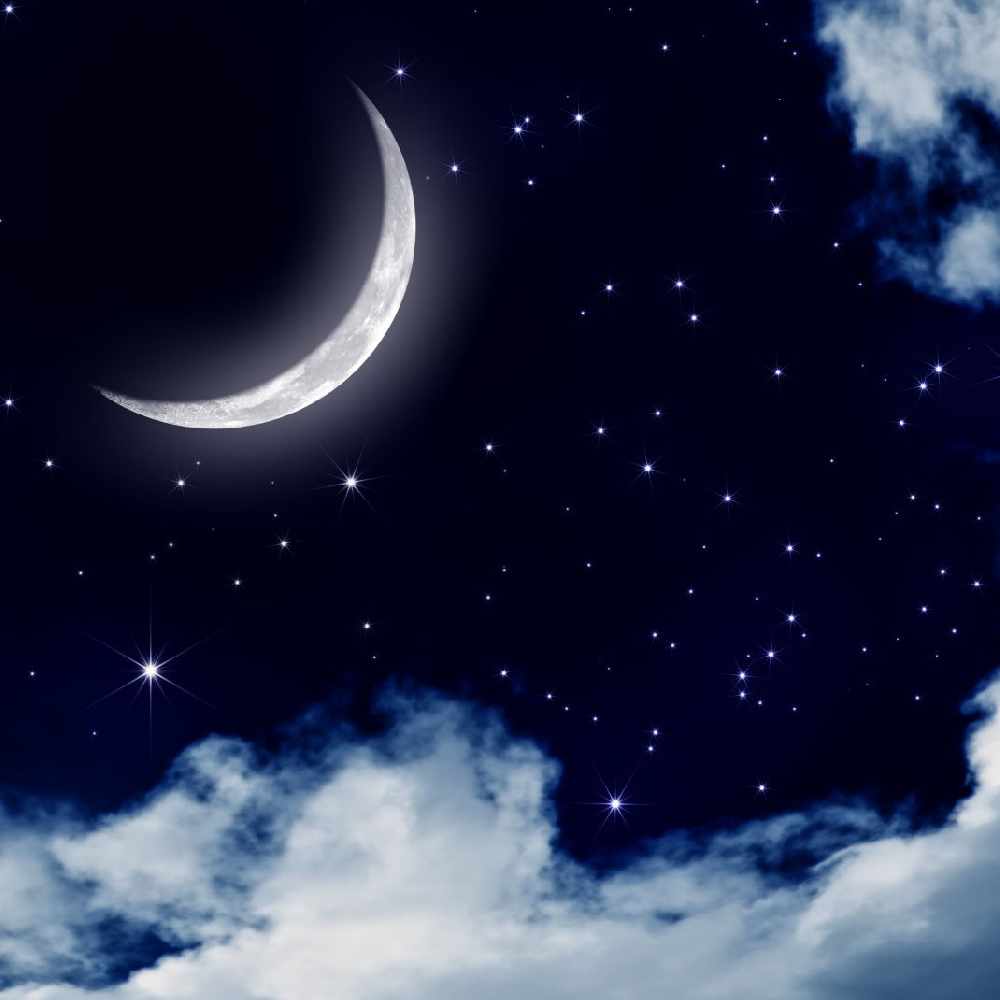Actor Noel Clarke has lost his High Court libel case against the publisher of The Guardian, over a series of news articles which featured claims from a number of women.
The first article, published in April 2021, said some 20 women who knew Clarke in a professional capacity had come forward with allegations of sexual misconduct.
The 49-year-old actor, writer and director, best known for his 2006 film Kidulthood and starring in Doctor Who, sued the publisher and vehemently denied "any sexual misconduct or wrongdoing" - but the court has found Guardian News and Media (GNM) successfully defended the legal action on the grounds of truth and public interest.
Read more:
The key allegations against Noel Clarke - and the judge's response
The meanings of all eight of the newspaper's publications were found to be "substantially true", the judge, Mrs Justice Steyn, said in a summary of the findings.
"I have accepted some of Mr Clarke's evidence... but overall I find that he was not a credible or reliable witness," she said.
In her ruling, the judge also said suggestions that more than 20 witnesses, "none of whom are parties or have a stake in this case, as [Clarke] does" had come to court to lie was "inherently implausible".
From the evidence heard, it was "clear that women have been speaking about their experiences of working with Mr Clarke for many years", she said.
'A deserved victory for women who suffered'
Lucy Osborne and Sirin Kale, the journalists who carried out the investigation, told Sky News they had always been confident in everything published.
"I think that this is not a problem that's going to go away," said Osborne. "This kind of behaviour very much still happens in the TV and film industry and other industries. So I do hope this judgment gives other women the confidence to speak out about what they've experienced."
Read more: The key allegations - and judge's response
Guardian editor-in-chief Katharine Viner described the ruling as "a deserved victory for those women who suffered because of the behaviour of Noel Clarke".
She continued: "Going to court is difficult and stressful, yet more than 20 women agreed to testify in the High Court, refusing to be bullied or intimidated.
"This is also a landmark judgment for Guardian journalism, and for investigative journalism in Britain... The judgment is clear that our investigation was thorough and fair, a template for public interest journalism."
Clarke's response
Clarke described the result as disappointing and maintained he believes the newspaper's reporting was "inaccurate and damaging".
"I have never claimed to be perfect," he said. "But I am not the person described in these articles. Overnight I lost everything."
He said he wanted to thank witnesses who supported his case, as well as his family, "who never stopped believing there was something worth fighting for".
What happened during the trial?
The trial took place from early March to early April 2025, hearing evidence from multiple witnesses who made accusations against Clarke, including that he had allegedly shared nude photographs of them without their consent, groped them, and asked them to look at him when he was exposed.
Clarke also gave evidence over several days. At one stage, the actor appeared visibly emotional as he claimed the publisher had "smashed my life" with its investigation.
His lawyer told the court he had been made a "scapegoat" and was an "easy target", as a star at the height of his success when the media industry "zealously sought to correct itself" following the #MeToo movement.
The actor had been handed the outstanding British contribution to cinema award at the BAFTAs just a few weeks before the report was published. Following the article, BAFTA announced it had suspended his membership.
But lawyers for The Guardian told how newspaper's investigation was "careful and thorough", saying it had been carried out "conscientiously" by the journalists involved.
In March 2022, police said the actor would not face a criminal investigation over the allegations.

(c) Sky News 2025: Actor Noel Clarke loses libel case against Guardian publisher as sexual misconduct allegation


 US Justice Department releases Ghislaine Maxwell interview transcript
US Justice Department releases Ghislaine Maxwell interview transcript
 Government takes first step in appealing court ruling banning asylum seekers from Epping hotel
Government takes first step in appealing court ruling banning asylum seekers from Epping hotel
 Labour may have walked into political trap over housing asylum seekers in hotels
Labour may have walked into political trap over housing asylum seekers in hotels
 Tour bus returning from Niagara Falls crashes killing and injuring multiple people, police say
Tour bus returning from Niagara Falls crashes killing and injuring multiple people, police say
 Suspect arrested over Nord Stream attacks served in Ukraine's army, Sky News understands
Suspect arrested over Nord Stream attacks served in Ukraine's army, Sky News understands
 David Lammy given formal warning over lack of licence during fishing trip with JD Vance - but will avoid fine
David Lammy given formal warning over lack of licence during fishing trip with JD Vance - but will avoid fine
 FBI raids home of Trump's former national security adviser John Bolton
FBI raids home of Trump's former national security adviser John Bolton
 New EU Entry/Exit system: All you need to know about digital border changes
New EU Entry/Exit system: All you need to know about digital border changes






